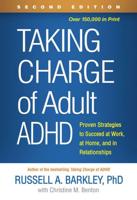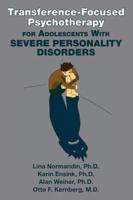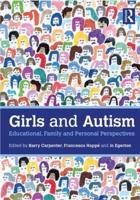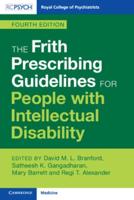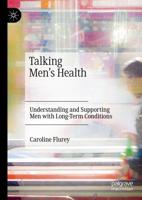Publisher's Synopsis
The passage into and through pregnancy and new parenthood is one that affects all aspects of a therapist's life, including work with patients. It presents special therapeutic challenges, as well as special therapeutic opportunities.
Drawing on the scattered literature, interviews with people who have been in the roles of therapists and expectant parents simultaneously, and their own rich experiences, the authors consider therapists' psychological lives prior to birth (or adoption) and examine both therapist and patient reactions to the reality of a coming child. Whatever the therapist's theoretical orientation, the patient-therapist relationship undergoes changes, and therapists are faced with a number of important decisions not typically addressed in the psychotherapy literature, such as whether and when to inform the patient of what is anticipated. The authors offer practical advice that enables therapists to proceed through a sound clinical decision-making process and discuss the ways in which the changes can be harnessed in the service of treatment goals. Multiple modalities are covered--including individual, group, family, and couples therapy--which can be understood from a variety of theoretical perspectives. The needs of patients in different diagnostic categories at different developmental stages are addressed and the relationship between therapist and practice setting is examined. Throughout, the authors illuminate their points with vivid real-life case vignettes.
The issue of impending parenthood arises for male and female practitioners, adopters and biological parents, and their supervisors. All those facing it will find this book essential reading as they seek to identify and quell their anxieties and improve their clinical acumen and effectiveness.


